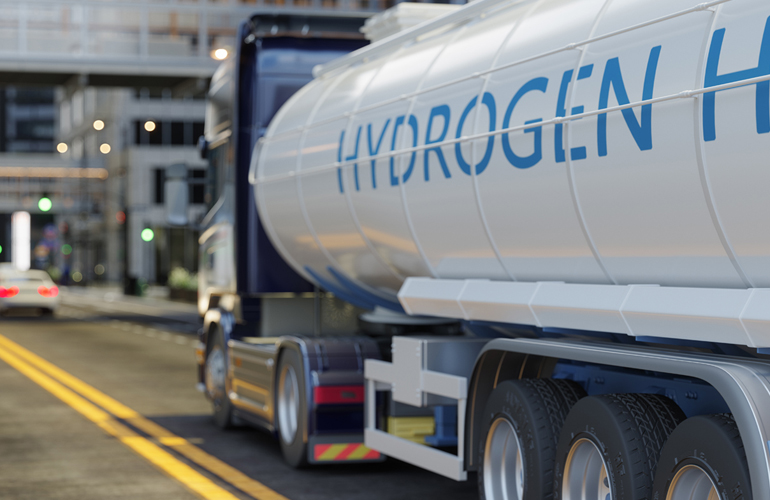Revolutionizing Heavy-Duty Vehicle Sustainability: The Advantages of Fuel Agnostic Sealing Materials
Key Ideas
- Fuel agnostic sealing materials streamline production processes by allowing a single material to be used across multiple fuel platforms, enhancing manufacturing efficiency.
- These materials reduce inventory complexity and minimize installation errors, leading to cost savings and operational streamlining for OEMs.
- The development of fuel agnostic sealing materials contributes to shortened design and validation times, giving manufacturers a competitive edge in the evolving automotive market.
- Hydrogen emerges as a promising zero-emission mobility fuel, with specific sealing material solutions available to meet the challenges of hydrogen operation effectively.
In the pursuit of environmental sustainability and reduced greenhouse gas emissions in heavy-duty vehicle applications, the need for alternative fuels to diesel has become critical. This has led to the exploration of fuels like ethanol, methanol, natural gas, biodiesel, and hydrogen. Amidst this transition, the challenge of accommodating multiple fuel types with effective sealing solutions has arisen, driving the development of fuel agnostic sealing materials. These innovative materials, pioneered by companies like Parker, offer numerous advantages for OEMs looking to optimize their production processes.
Traditionally, the use of different elastomers for various fuels increased manufacturing complexity and costs. Fuel agnostic sealing materials address this issue by being compatible with a wide range of fuels, thereby streamlining manufacturing efficiency and reducing inventory complexity. Moreover, these materials help in minimizing installation errors, enhancing quality control, and speeding up design and validation processes, ultimately offering a competitive edge to manufacturers.
The focus on hydrogen as a fuel option underscores its potential for zero-emission mobility in heavy-duty vehicles. Parker's advanced sealing materials like KA183-85, E0893-80, VG109-90, VM330-75, and VX365-90 are specifically designed to meet the challenges of sealing hydrogen-powered engines, showcasing resistance to a wide range of fuels and maintaining seal integrity under pressure.
In conclusion, fuel agnostic sealing materials represent a significant advancement in the heavy-duty vehicle industry, providing OEMs with the flexibility, efficiency, and cost savings necessary to succeed in a market increasingly focused on sustainability and innovation.
Topics
Blue Hydrogen
Environmental Impact
Innovation
Sustainability
Automotive Industry
Manufacturing Efficiency
Fuel Alternatives
Sealing Technology
OEM Solutions
Latest News
